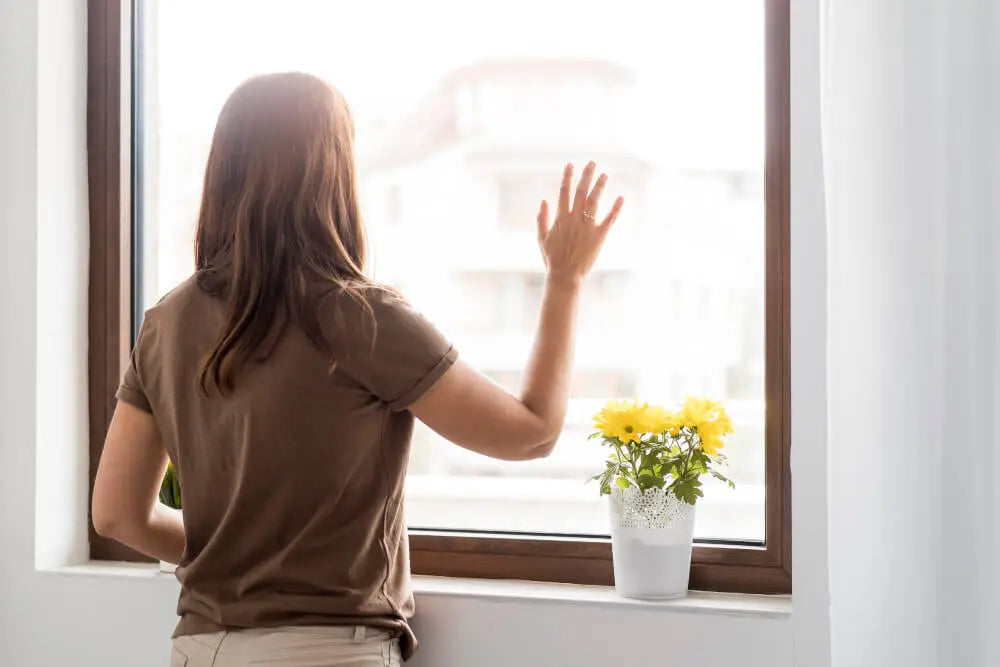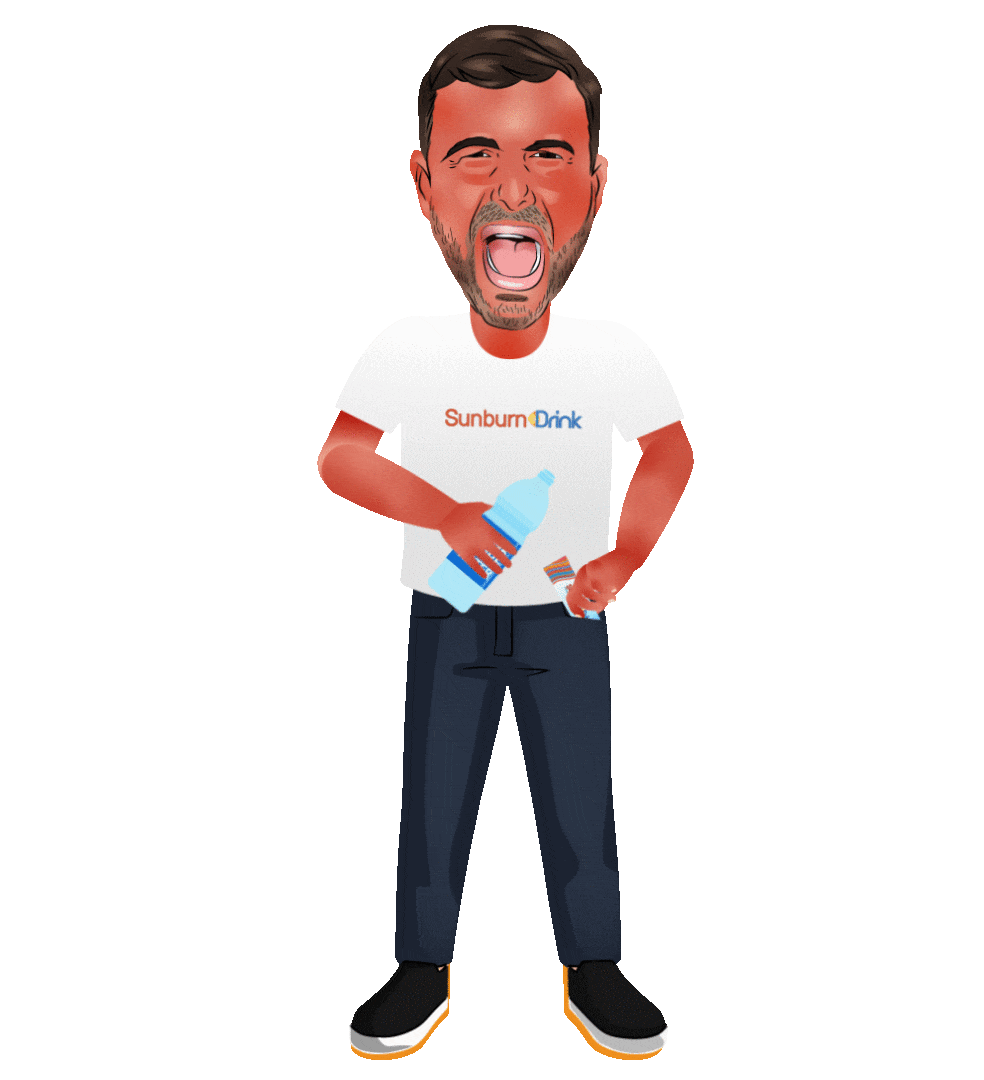Sunburn is a painful condition that occurs when the skin is exposed to ultraviolet (UV) radiation for a prolonged period of time. Many of us are well aware that spending too much time in the sun without protection can lead to sunburn. However, have you ever wondered if you can get sunburned through a window? In this blog post, we will delve into Can you get sunburned through a Window and explore the science behind sunburn and UV radiation.
Understanding UV Radiation
Before we discuss whether you can get sunburned through a window, let’s take a closer look at UV radiation. UV radiation is a form of electromagnetic radiation emitted by the Sun. It is categorized into three types: UVA, UVB, and UVC. UVA penetrates deeply into the skin and is responsible for causing premature aging and wrinkles, while UVB primarily affects the outer layer of the skin and is the main cause of sunburn. UVC, on the other hand, is absorbed by the Earth’s atmosphere and doesn’t typically reach the surface.
Types of Glass
Now that we understand the basics of UV radiation, it’s essential to consider the type of glass used in windows. Most standard windows are made of float glass, which can block a significant portion of UVB radiation but allows UVA radiation to penetrate. However, some windows are specially treated to provide additional protection against harmful UV radiation. These windows, often referred to as low-E (emissivity) windows, have a metallic oxide coating that helps reflect a large percentage of UV radiation.
Can You Get Sunburned Through a Window?
The answer to this question largely depends on the type of glass you have in your windows. If you have regular float glass windows, you are still at risk of getting sunburned despite being indoors. While the glass does block a significant amount of UVB radiation, UVA radiation can still penetrate and contribute to skin damage, such as premature aging and an increased risk of skin cancer.
On the other hand, if you have low-E windows, the risk of getting sunburned through a window is significantly reduced. These windows are designed to reflect a large portion of UV radiation, both UVA and UVB, keeping you safer indoors. However, it’s important to note that no window completely eliminates the risk of sunburn, especially if you spend an extended period near a window with direct sunlight.
Factors to Consider
Apart from the type of glass in your windows, there are a few other factors that can affect your risk of getting sunburned through a window:
1. The intensity of UV Radiation:
The strength of UV radiation varies depending on the time of day, location, altitude, and weather conditions. Higher levels of UV radiation increase the risk of sunburn, even through glass.
2. Window Angle:
The angle of the sun’s rays and the orientation of the window can influence the amount of UV radiation that enters your space. For example, if the window is directly facing the sun, the risk of sunburn may be higher.
3. Window Coverings:
Using curtains blinds or shades can provide an additional layer of protection against UV radiation. These coverings can reduce the amount of radiation that passes through the glass.
4. Time Spent Near the Window:
Prolonged exposure to sunlight, even through a window, increases the risk of sunburn. If you regularly spend long hours near a window, it’s essential to take precautions to protect your skin.
Top Tips to Protect Yourself from Sunburn
Apply sunscreen regularly
- Always apply a broad-spectrum sunscreen with an SPF (Sun Protection Factor) of 30 or higher.
- Apply sunscreen generously to all exposed skin at least 15-30 minutes before going outside.
- Reapply sunscreen every two hours, or more frequently if you’re swimming or sweating.
Seek shade during peak hours
- Avoid direct sun exposure during the peak hours of 10 a.m. to 4 p.m., when the sun’s rays are the strongest.
- If you need to be outside during these hours, seek shade under trees, umbrellas, or wear protective clothing.
Consume Sunburn Drink
- Always carry Sunburn Drink, formulated with essential vitamins and minerals, it is the perfect concoction to protect and cure mild and intense sunburns.
- It is formulated with organic ingredients and a refreshing, tangy taste; making it safe for kids to consume.
Stay informed about the UV index
- Check the UV index for your area before heading out. The UV index indicates the strength of the sun’s rays and helps you plan accordingly.
- Adjust your sun protection measures based on the UV index to ensure adequate protection.
Examine your skin regularly
- Keep an eye on your skin and check for any changes, such as new moles, growths, or spots.
- If you notice anything unusual, schedule an appointment with a dermatologist for a skin examination.
Conclusion
So can you get sunburned through a window? , while glass can provide some protection against UV radiation, it doesn’t eliminate the risk of sunburn entirely. If you have regular float glass windows, UVA radiation can still penetrate, contributing to skin damage. However, with low-E windows or additional protective measures like window coverings, you can significantly reduce your risk of getting sunburned through a window. It’s crucial to be mindful of the intensity of UV radiation, the orientation of your windows, and the time spent near them. Ultimately, maintaining good sun protection habits, both indoors and outdoors, is essential for safeguarding your skin’s health.

